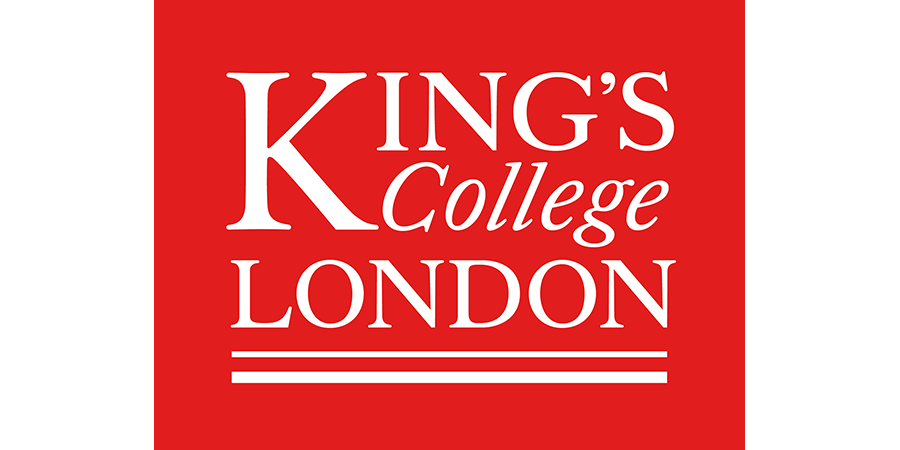Research Associate in Finite Element Models of Fetal Brain Growth
King's College London - Developmental Neurobiology
| Location: | London |
|---|---|
| Salary: | £45,031 to £52,514 per annum, including London Weighting Allowance |
| Hours: | Full Time |
| Contract Type: | Fixed-Term/Contract |
| Placed On: | 21st October 2025 |
|---|---|
| Closes: | 28th October 2025 |
| Job Ref: | 128425 |
About the role
The Research Department of Biomedical Computing, within the School of Biomedical Engineering & Imaging Sciences, develops computational methods and AI technologies for automated diagnosis, prognosis and streamlining of clinical workflows. In MeTrICS lab we are mostly focused on the methods for analysing and simulating human brain imaging data.
At the Centre for Developmental Neurobiology (CDN), we investigate the mechanisms governing the formation of the brain during embryonic development and in early postnatal life. This is based on the understanding that early experience shapes the way our brain is constructed. While the “ground plan” of the brain is genetically determined, it is also influenced by environmental experience. We are still far from a complete understanding of how these processes work.
CDN is one of four departments in the School of Neuroscience at the Institute of Psychiatry, Psychology & Neuroscience and is located at Guy’s campus. Researchers have access to support facilities in genotyping, molecular biology and Drosophila work. CDN has close partnership with the Medical Research Council (MRC) and CDN researchers, together with clinical researchers from King’s, make up the MRC Centre for Neurodevelopmental Disorders.
About the role
We are seeking a Research Associate (RA) to work on our Brain Health in Gen2020 study, which seeks to understand the mechanisms by which fetal infection – specifically from COVID-19 - impact fetal cortical development and folding.
Our specific interest is in finding someone with experience of running finite element models (FEM) of soft tissue mechanics. It is essential that the successful applicant can directly translate mathematical models to code (rather than directly apply FEM software) since the long-term objective is to translate the methods to a learning-based (AI) framework.
The first requirement of this RA role will be to run models of fetal cortical folding to use as training data for physics-constrained AI simulations. Over the course of the project the applicant would be expected to translate these solutions into novel AI frameworks that learn from longitudinal imaging data. Data sources include both macrostructural (whole brain) MRI and microstructural (microscopy) of primary tissue slice cultures.
This is a full-time post (35 Hours per week), and you will be offered a fixed term contract for 18 months.
Advert information
Type / Role:
Subject Area(s):
Location(s):









